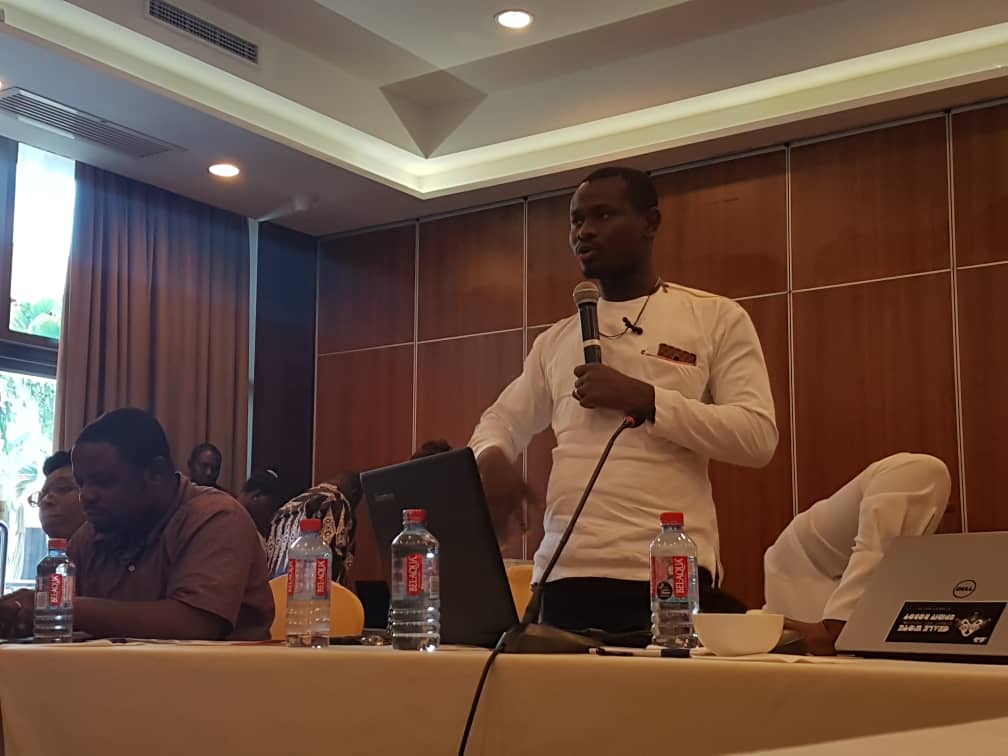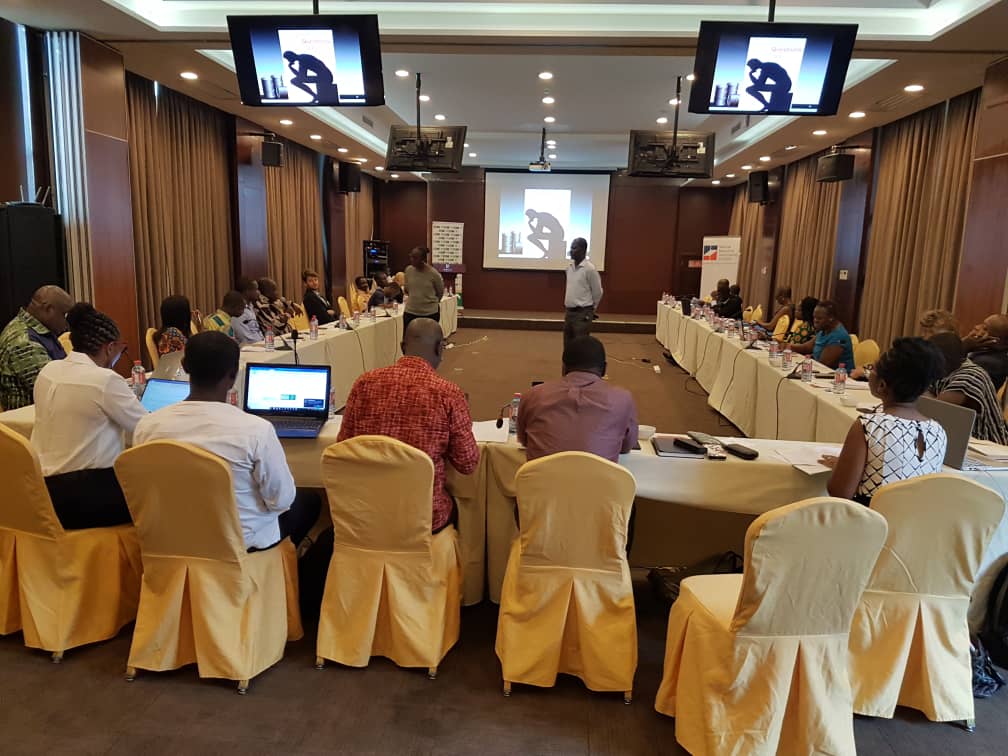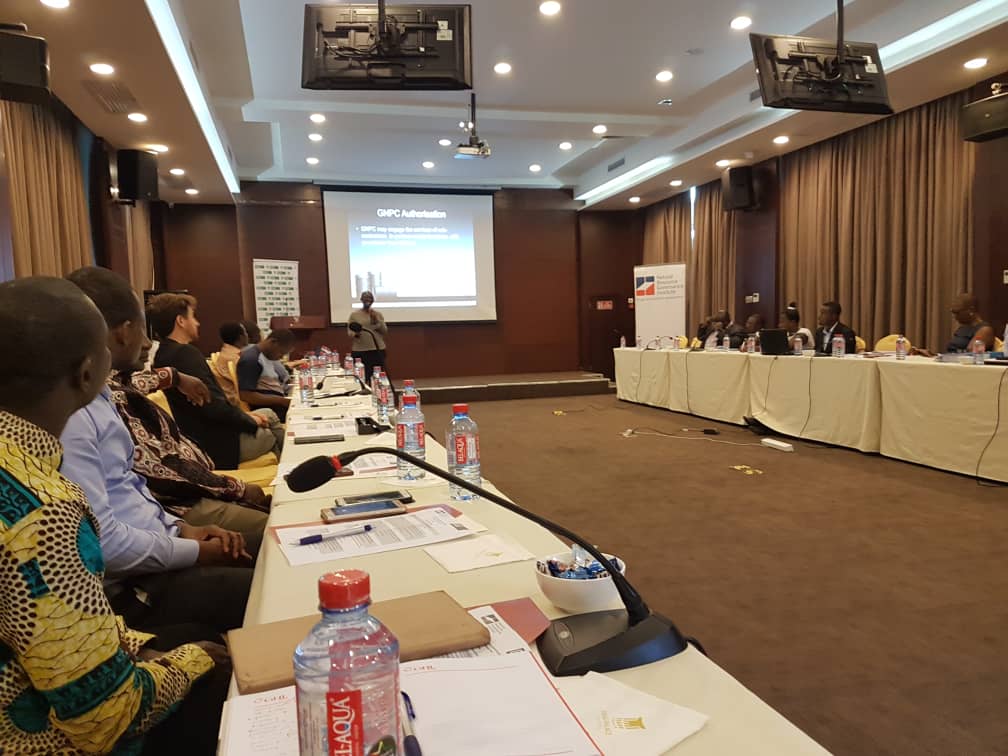Special topics

The Natural Resource Governance Institute (NRGI) in collaboration with Ghana Oil and Gas for Inclusive Growth (GOGIG) organized a one-day workshop for civil society actors to devise strategies to monitor the bidding licensing rounds.
The workshop was to deliberate and develop a road map for actors to implement a citizens’ monitoring framework for the bid process and implementation of the new regulatory regime. The outcome was to have a strong external oversight body and social accountability systems throughout the process.
Background
Ghana, being a signatory to various international protocols and standards including the Open Government Partnership initiative, the Extractive Industries Transparency, and Open Contracting enjoins her to ensure openness in its contracting processes. The commitment of the Ministry of Energy to run a competitive process with high standards of transparency and openness to Ghana’s commitments, and through that, build investor confidence, is therefore commendable.
In July 2018, the NRGI and Open Contracting Partnership organized a Best Practice Workshop for the Ministry of Energy’s Bid and Licensing Rounds Committee. The rationale for the best practice workshop was to support the bid preparations by providing an opportunity for the Ministry to learn from experiences of other countries, experts, and donor institutions, who have provided technical support to governments in conducting bid rounds.
 CSOs convening
CSOs convening
The convening of CSOs workshop brought together stakeholders including civil society actors in the extractive sector, academia, and government officials from the Ministry of Energy, Petroleum Commission to deliberate and interrogate the provisions of the Exploration and Production (E&P) Law.
Transparency
Anita Lokko, Ministry of Energy, engaged participants on some key provisions and interpretations in the Exploration and Production Law and Regulations focusing on the competitive bidding and award of contracts. Focusing on Section 10 of the Law, she shared light on the transparency processes, procedures, bidding and evaluation processes as stipulated in the E&P Law. CSOs took turns to interrogate the following:
More so, Benjamin Boakye of ACEP, challenged participants who were encouraged to monitor the bidding processes keenly to prevent collusion and corruption.
Data acquisition
Data is one of the key elements to prospective bidders in the extractive industry particularly exploration in the offshore. The acquisition of seismic data on the proposed blocks gs was discussed intensely since it was not included in the bidding notice. Participants raised questions on data availability; accessibility; and the cost of acquiring the data. However, citing LI2221 Mr. Kwaku Boateng, Director of Special Services at the Petroleum Commission, indicated that the acquisition of the data comes at a cost. He said “interested parties will pay applicable fees and charges for the data as stipulated in the LI”

Beneficial ownership
Disclosure of real owners of business is a major issue that pervades discussions in the extractive sector. Individuals and companies fronting for foreign oil companies and politicians to perpetuate acts of corruption. In view of this, CSOs called on the Ministry and the Petroleum Commission to be vigilant, scrutinize and adhere to the tenets of disclosing beneficial owners since it will help prevent collusion and corruption. Mr. Ben Boakye cautioned on the need to monitor all the processes to curtail possible bid rigging as well as post bid negotiations.
Recommendation
The CSOs put forward some recommendations for the ministry’s consideration: